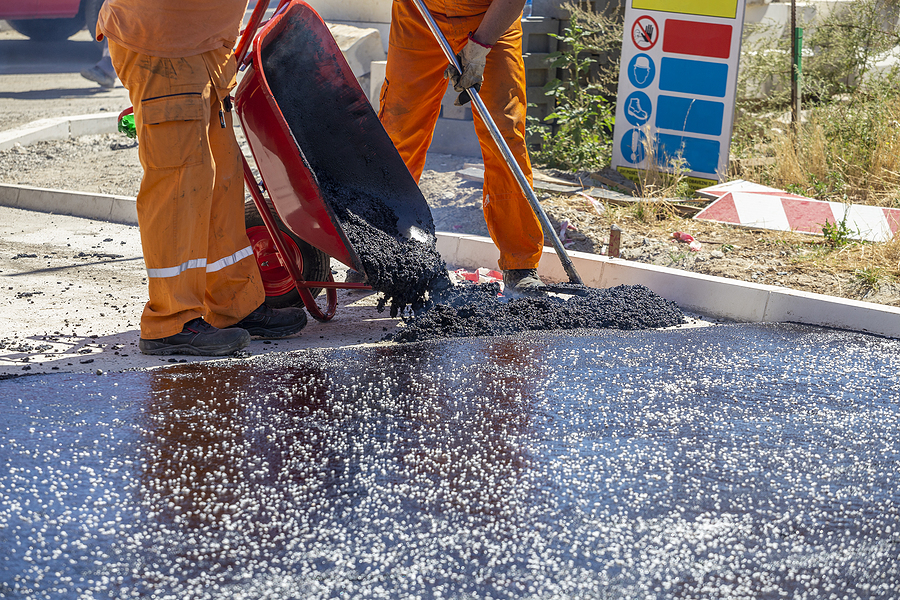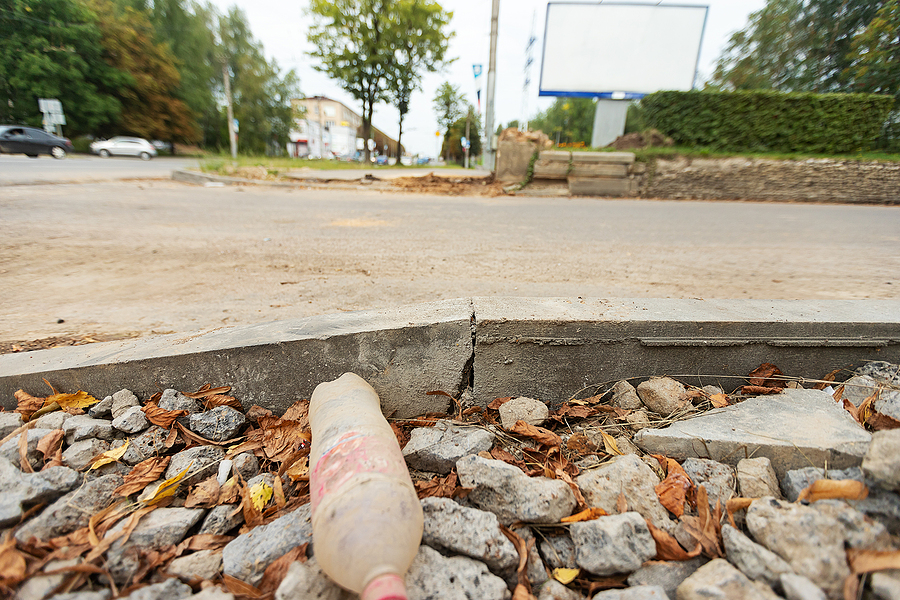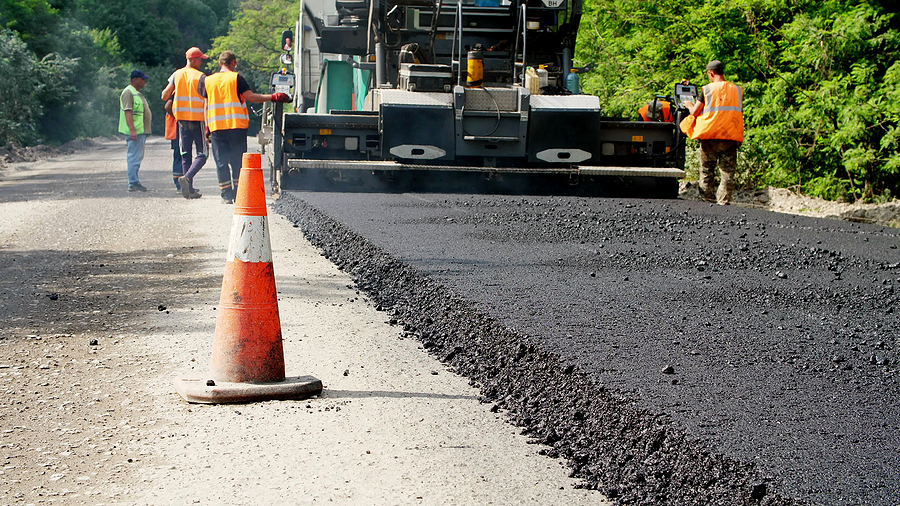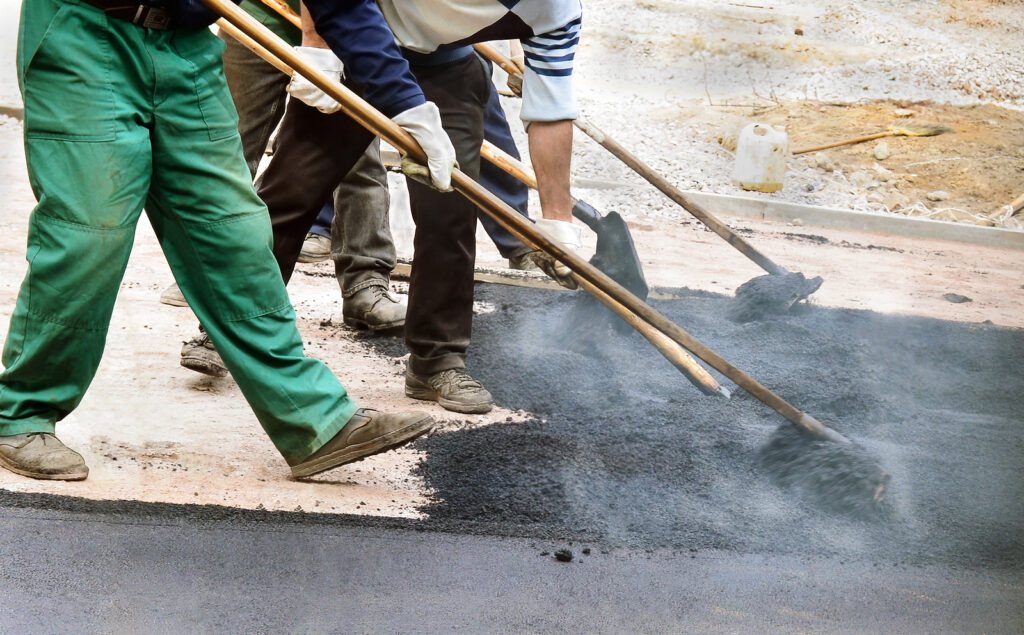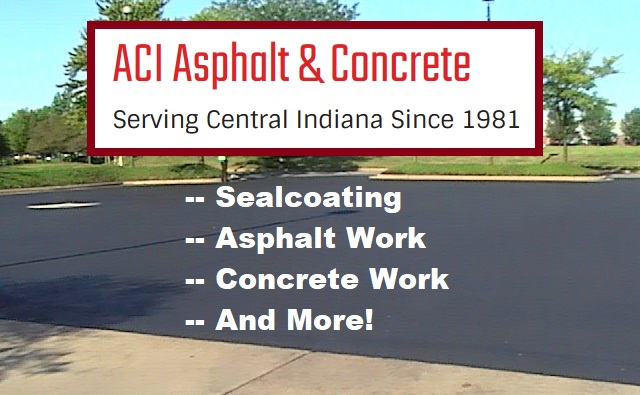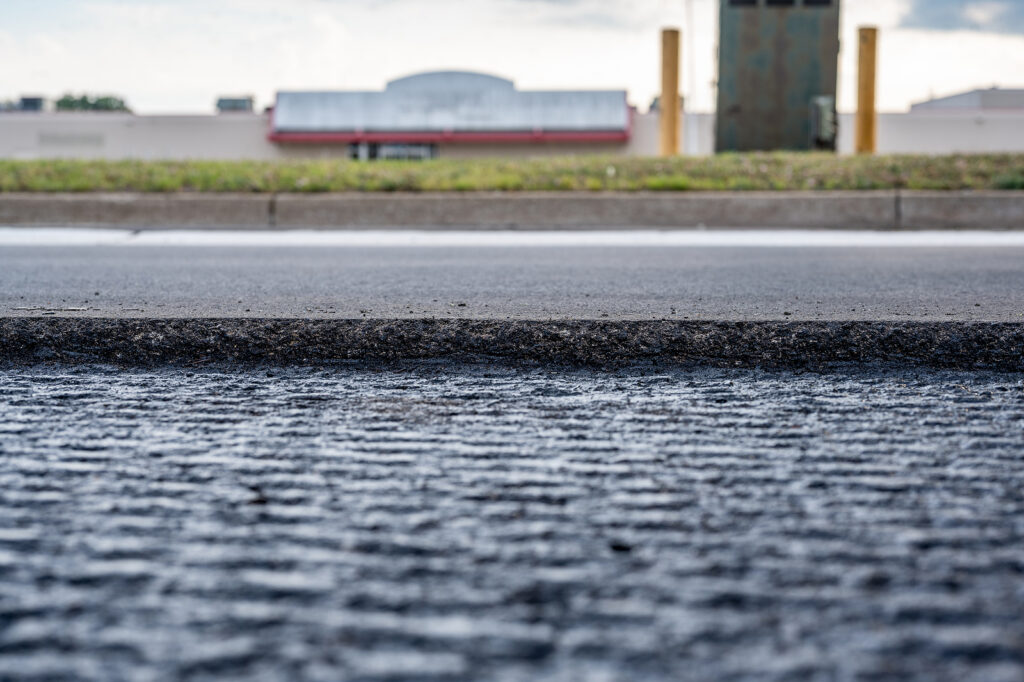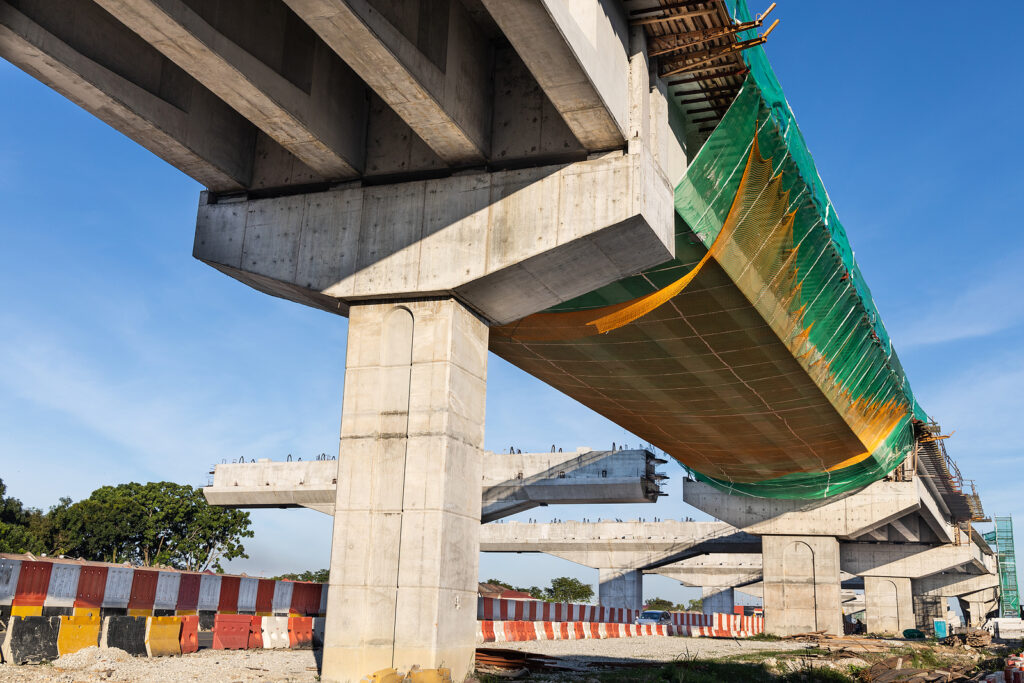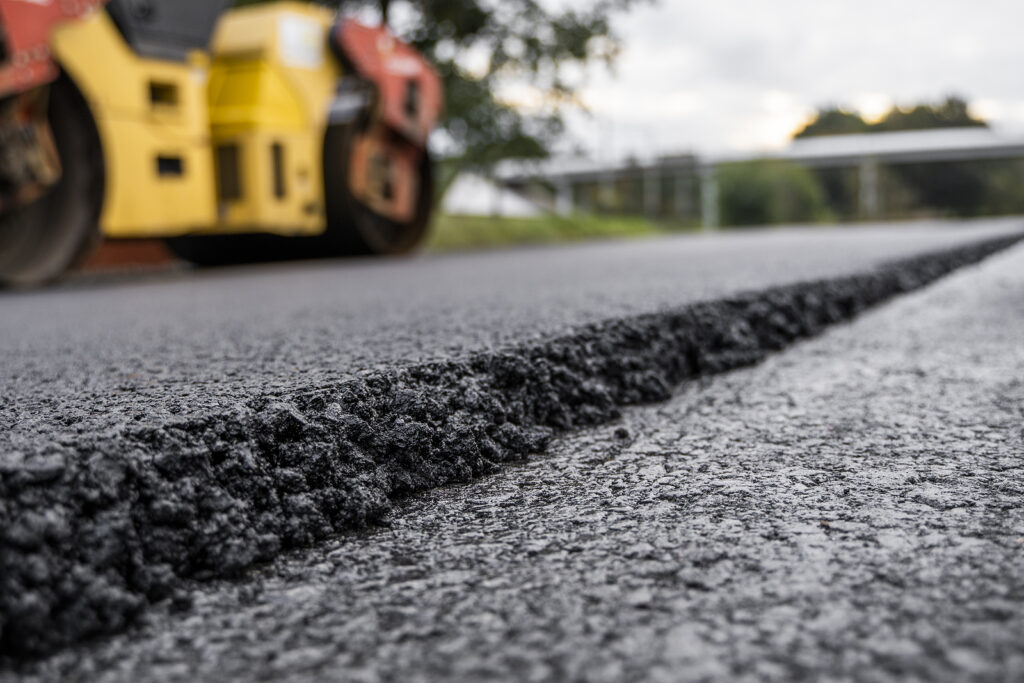In today’s rapidly advancing world, the importance of efficient mobility cannot be overstated. It is the arteries of our infrastructure, the roads, that bear the weight of this essential movement. In this regard, road construction services play a pivotal role in enhancing our ability to move smoothly and efficiently from one place to another. From bustling city streets to serene country roads, these companies constantly work to ensure that our journeys are as seamless as possible. But how exactly do they do this? And what does road repair entail?
Join us as we delve into the world of road construction and explore how these services contribute to improved mobility and efficiency.
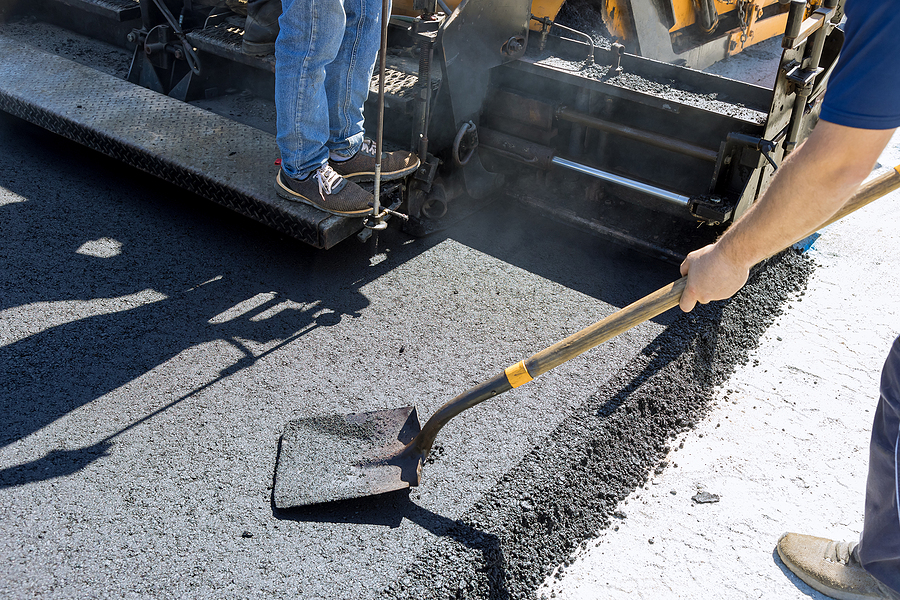
The Advantages We Enjoy Thanks to Road Construction Services
Pothole Management and Driving Safety
For one, road construction services focus on keeping our roads safe and free of dangerous potholes. Through regular maintenance, companies make sure to fill up any holes or cracks in the surface, as well as patching up bigger areas of damage. This helps preserve the roads’ structural integrity and prevents further deterioration. Moreover, they can resurface entire sections as needed, increasing the road’s traction, and thus reducing the risk of accidents.
Decreased Traffic Congestion
In addition to providing a safe driving environment, these services also help reduce traffic congestion. Through strategic planning of various road features such as lane markings, they can improve flow and manage traffic better. This allows drivers to reach their destination more quickly while also cutting down on air pollution from unnecessary car idling.
Roadway Aesthetics
Finally, road construction companies can help create delightful driving experiences for drivers. From special curbs and sidewalks to beautiful landscaping, they can transform the roads into attractive locations that people enjoy visiting. This not only boosts the local economy but also encourages more responsible driving habits as drivers take pride in their highways and streets.
Commercial and Municipal Road Repair
To better understand how road construction services contribute to improved mobility and efficiency, it is important to look at the various aspects of road repair. From patching up potholes to resurfacing entire sections, these companies make sure that our roads are safe and secure for drivers. Moreover, they can help reduce traffic congestion with cleverly placed lane markings and other features. And finally, by beautifying the environment along our highways and streets, they create delightful experiences for drivers and boost the local communities.
The wide range of services offered by road construction companies can help us tackle the various challenges associated with transportation. From reducing traffic congestion to creating more efficient roadways, these services can make a huge difference in our lives. As technology continues to develop and new methods of construction become available, we will have even more options for making our roads safer and smoother. All in all, road construction services are a vital part of our infrastructure and contribute significantly to our ability to move around quickly and efficiently.
In Summary
Road construction and repair services have a major impact on our mobility and efficiency. With their help, we can enjoy safer roads with fewer traffic jams and more aesthetically pleasing surroundings. So the next time you hit the pavement, remember to thank these incredible companies for making your journey smoother and more enjoyable!
If you’re looking for a commercial pavement and road construction company you can trust, look no further than ACI Asphalt & Concrete. Contact us today to learn more about our commercial paving services in Indianapolis, or to schedule a free consultation.
Related Posts:
Common Challenges with Commercial Pavement Care
5 Essential Tips for Proper Parking Lot Drainage
10 Summer Asphalt Care Tips for Home and Business Owners

